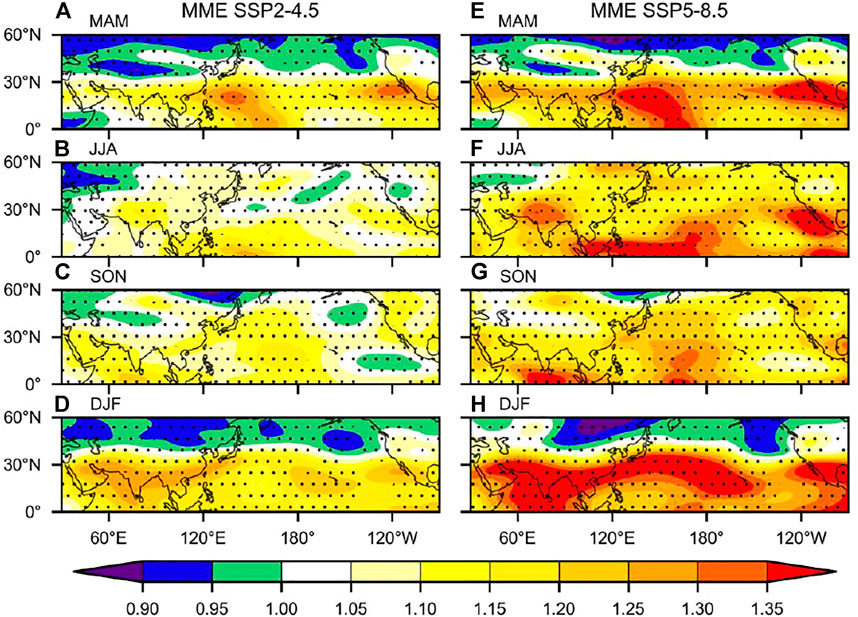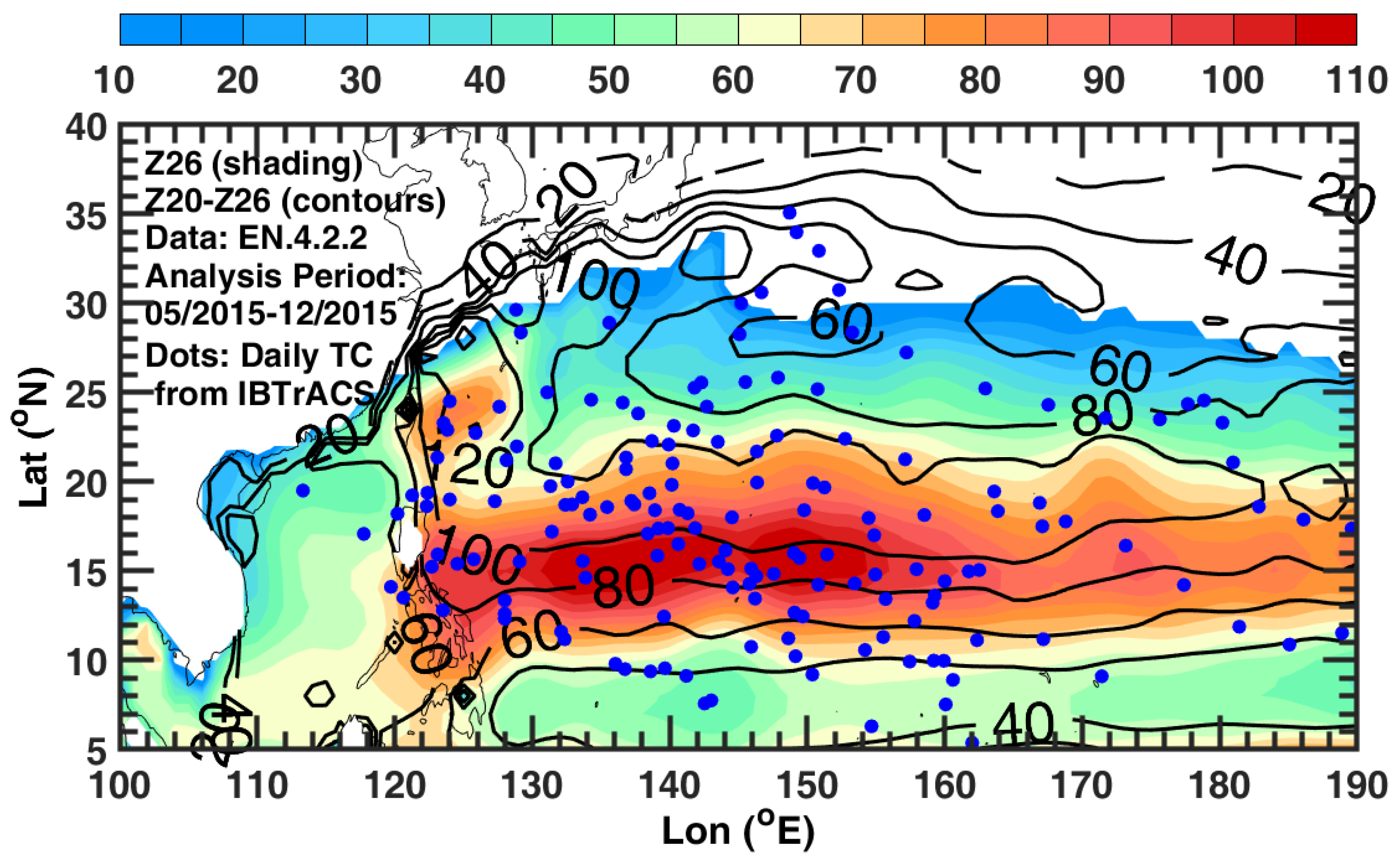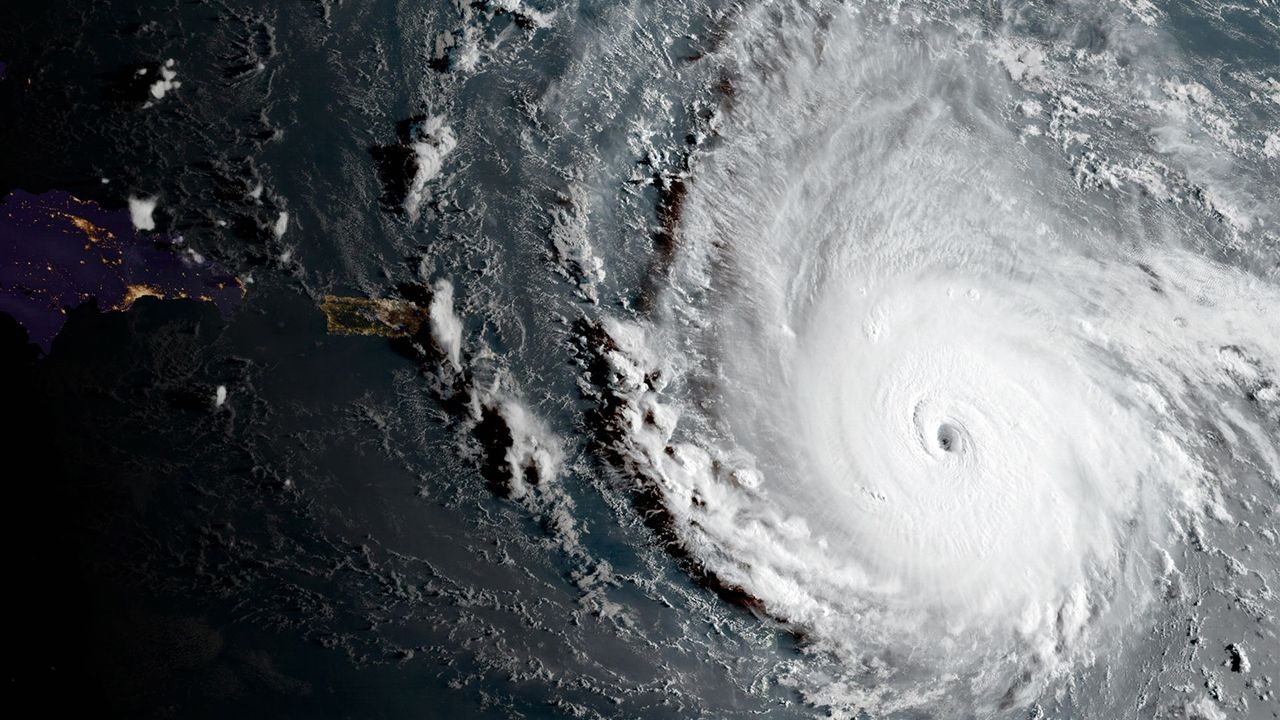AI predicts sea surface temperature cooling during tropical cyclones
4.6 (191) · € 24.00 · En Stock
Tropical cyclones are extreme weather events, characterized by a circular form and formation over warm tropical oceans experiencing low atmospheric pressure, high winds and heavy rain. Tropical storms exceed 39 miles per hour (mph), while hurricanes experience sustained winds of 74mph and above.

Tropical cyclones: Why we must observe the ocean to better protect people on land

Phys.org on LinkedIn: AI predicts sea surface temperature cooling during tropical cyclones

Near-term tropical cyclone risk and coupled Earth system model biases

Frontiers Upper-Tropospheric Temperature Pattern Over the Asian-Pacific Region in CMIP6 Simulations: Climatology and Interannual Variability

Reduced tropical cyclone densities and ocean effects due to anthropogenic greenhouse warming

High-Resolution Tropical Channel Model Simulations of Tropical Cyclone Climatology and Intraseasonal-to-Interannual Variability in: Journal of Climate Volume 32 Issue 22 (2019)

Stronger Tropical Cyclone–Induced Ocean Cooling in Near-Coastal Regions Compared to the Open Ocean in: Journal of Climate Volume 36 Issue 18 (2023)

JMSE, Free Full-Text

The Relationship between Sea Surface Temperatures and Maximum Intensities of Tropical Cyclones in the Eastern North Pacific Ocean in: Journal of Climate Volume 10 Issue 11 (1997)

The Relationship between Sea Surface Temperatures and Maximum Intensities of Tropical Cyclones in the Eastern North Pacific Ocean in: Journal of Climate Volume 10 Issue 11 (1997)

Would artificially cooling the ocean ahead of a land-destined tropical cyclone be a practical mitigation strategy?

PDF) Tropical Cyclone-Induced Sea Surface Temperature Responses in the Northern Indian Ocean

Artificial Intelligence—A Game Changer for Climate Change and the Environment

The epic hurricane tug of war

Phys.org on LinkedIn: AI predicts sea surface temperature cooling during tropical cyclones












